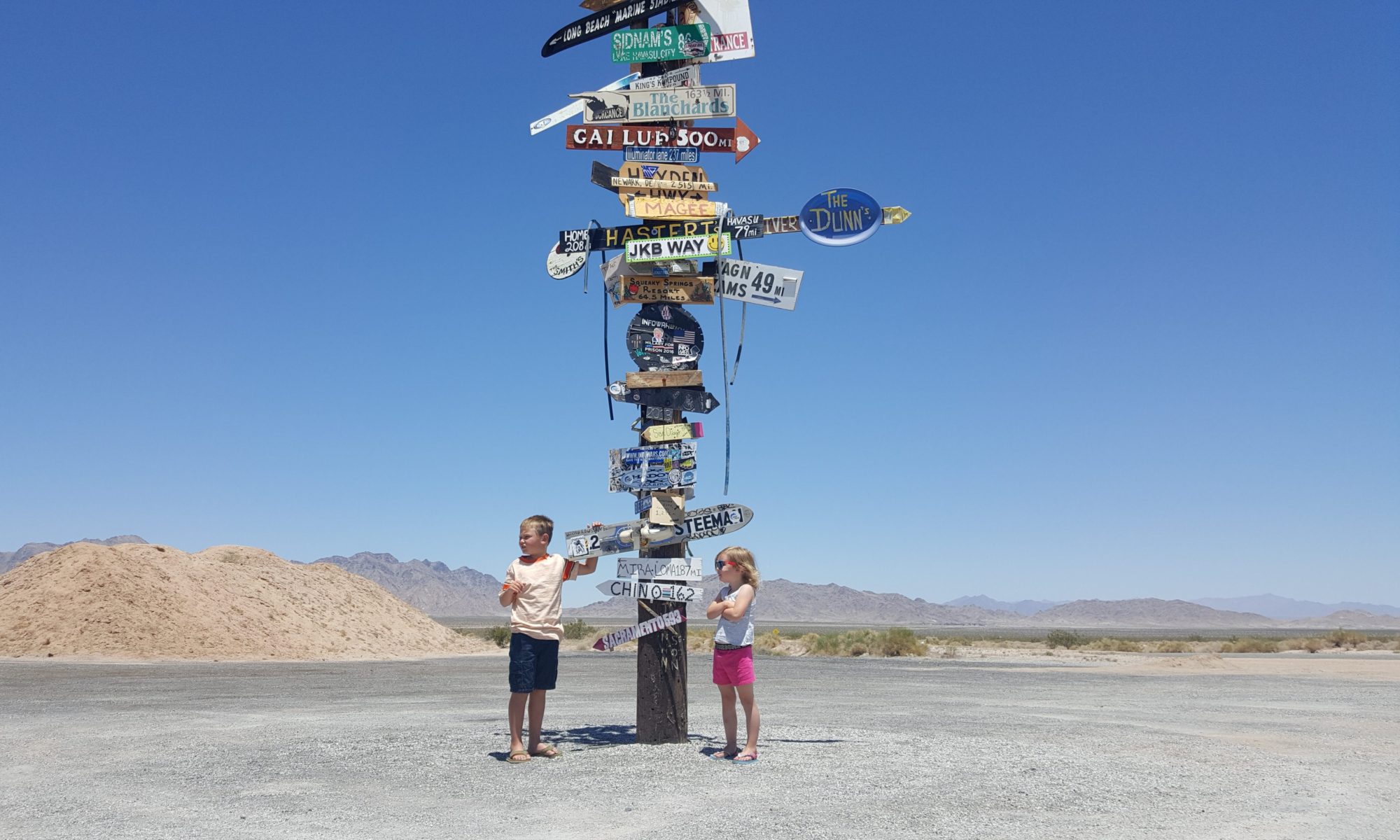Chapter 2 deals with three more nations in the same general area on both sides of the Jordan River. Ever since Adam sinned, people have been at odds with each other. For example, in verses 1-3, God chastises Moab because they “desecrated the tombs of the kings of Edom, with no respect for the dead”.
In verses 4-5, Judah takes a hit. Why? “For they have rejected the laws of God, refusing to obey Him. They have hardened their hearts and sinned as their fathers did. I will destroy Judah with fire and burn down all Jerusalem’s palaces and forts.” Of course this was told during Uzziah’s reign around 760 BCE, but it was not until 586 BCE that Jerusalem was destroyed. That allowed the people well over a century and a half to repent, but like most people they didn’t. And even after they returned from captivity around 536 BCE, they still had a hard time being faithful to the Lord. They were spared for a while because God was waiting for the perfect time for the Messiah to come and for the church to be established and strengthened before the Roman army destroyed Jerusalem and the Temple in 70 CE.
Everything before verse 6 was meant to show Israel they were not the only ones who displease God; they were the main target. In less than 50 years Israel would be destroyed and carried off into captivity. What had these people done that made their sin so great?
Israel had spent almost 200 years worshipping false gods and forgetting the laws God had given them. “The Lord says” is how Amos started his rebuke to each nation. What specifically had they done? They had “perverted justice” by accepting bribes and enslaving their poor countrymen. In their pagan worship temples, both a father and son would have sex with the same temple prostitute. God said that even when they came to His Temple in Jerusalem they offered “sacrifices of wine they purchased with stolen money”.
The problem was they had broken both parts of the 10 Commandments: to love the Lord their God with all their heart, and to love their neighbor as themselves. (Mark 12:29-31). We may judge these people harshly, but many people have these divisions in their families of the same generation.
